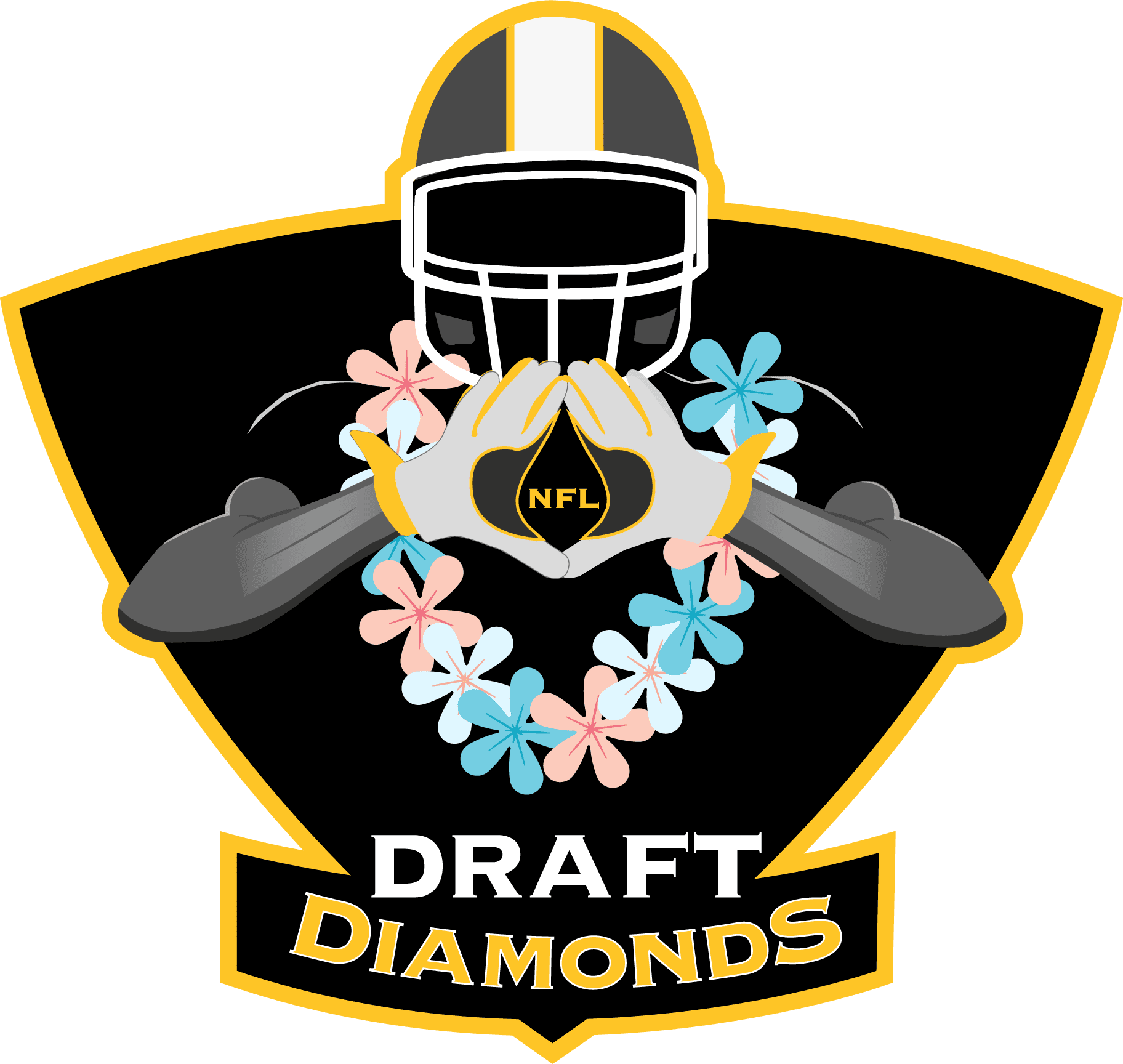Can GMs Play The Draft Like A Game Of Poker?

If you’re like most NFL Draft enthusiasts (or NFL fans in general), chances are you’re always intrigued by new evaluation methods. In addition to countless mock drafts year in and year out, we’re now used to seeing video breakdowns of young players, intricate trade predictions heading into draft day, sophisticated player and team projections, and so on. Even with all of this material making the rounds though, there’s still a brand new way of thinking about the draft and the process of team building that emerges now and then.
One such idea that’s never quite left my head was that the NFL Draft is like playing poker. It’s an idea that was presented by a Bleacher Report writer way back in 2012 (the fact that a Julio Jones pick is used in a hypothetical makes it feel ancient), and one that’s been in the back of my mind during every draft since.
The poker comparison, frankly, isn’t even particularly well thought out. The general idea that the writer presented has to do with draft trades specifically, and as you know if you’ve ever spent much time playing poker, players don’t actually exchange cards with one another. However, if you think of the idea from the perspective of a single player (or GM), it does begin to make a certain sense. Making a draft day trade is effectively akin to turning in a card (or cards) in exchange for other cards — effectively, opportunities to form a better hand. It’s a means of either using the initial assets you have, or attempting to turn them into something collectively greater.
Principally, the idea makes sense as a play on the purest poker strategy. Poker is about winning over the long term, rather than winning any given hand or game. As such, there is a process of calculating poker odds that ensures players are making the correct mathematical decisions in the situations they face. The math doesn’t always bear out, but by playing the probabilities a player can expect it to bear out more often than not, such that progress outweighs setbacks. Similarly, in theory, if GMs consistently make decisions based on projected, total, long-term value, they should ultimately see more success.
It’s a perfectly logical way of thinking of draft assessment and draft day trades. However, it is not a substitute for actual evaluation, which is what will lead GMs to assign players value in the first place.
Consider as an example early 2022 draft projections, and the Detroit Lions’ potential opportunity to draft a franchise quarterback with an early pick. As of now, some projections have Detroit pouncing on small-school standout Malik Willis — a Liberty star who figures to be among the top QBs in the upcoming class. Detroit is facing something of a rebuild, and seems unlikely to stick with Jared Goff as a long-term quarterback option. So, in poker terms, the decision at (presumably) the top of the ’22 draft is a simple one. Malik Willis is a strong pocket card without other good cards around it. So, should Detroit keep this one card (draft Willis) and hope to draw others that work with it later on? Or should the team discard the promising card as well (trade the pick) so as to get even more opportunity to draw whole new hand with strong total value?
That sort of scenario does make the poker method interesting as a sort of thought process. However, once again, it’s not a substitute for evaluation. Because the most important aspect of that hypothetical is how Detroit actually values the “card” of Malik Willis. Whether the team sees Willis as a King or Ace, or a 9 or 10, will determine what it does with the pick.
![]()

NFL Draft Diamonds was created to assist the underdogs playing the sport. We call them diamonds in the rough. My name is Damond Talbot, I have worked extremely hard to help hundreds of small school players over the past several years, and will continue my mission. We have several contributors on this site, and if they contribute their name and contact will be in the piece above. You can email me at nfldraftdiamonds@gmail.com
